When the kidneys have difficulty filtering potassium, fruits like coconut and bananas can lead to hyperkalemia, causing muscle weakness, heart problems, and fatigue.
Here's why these two tropical fruits aren't good for people with kidney disease – especially when eaten together, according to the Times of India.
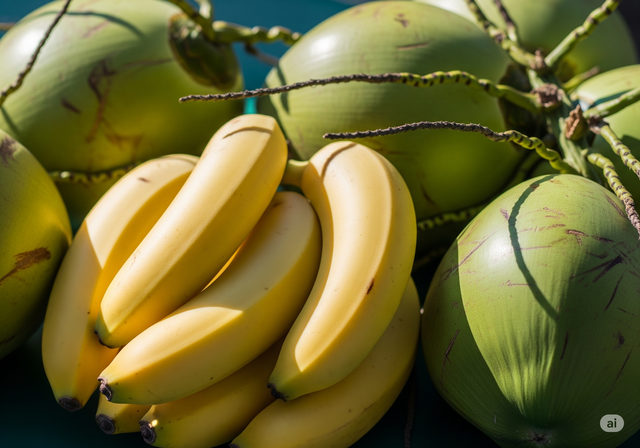
Kidney patients should be cautious when eating coconut and bananas.
Photo: AI
Eating coconut and bananas at the same time can increase potassium levels, which is harmful for people with kidney disease.
Potassium is an essential mineral that your body uses for muscle contractions, nerve function, and maintaining a regular heartbeat. Normally, the kidneys control potassium levels by filtering out what your body doesn't need.
However, in patients with kidney failure or impaired kidney function, this filtering system becomes abnormal. Even everyday foods can cause potassium levels to spike.
Bananas are well-known as a rich source of potassium. A medium-sized banana contains approximately 375-487 mg of potassium, more than enough to warrant a "use with caution" label for kidney patients.
Coconut, especially coconut water and coconut flesh, may seem like a nutritious food, but it also contains a significant amount of potassium, which is often overlooked.
Eating these fruits individually already poses risks for many kidney patients. Combining them can lead to hyperkalemia (high potassium levels in the blood).
Dr. Parwez (in India) shared: "When the kidneys are not functioning properly, it becomes difficult to excrete potassium. When potassium levels in the blood rise, it increases the risk of heart attack. And in such cases, eating potassium-rich foods like bananas or coconuts, or eating them together, can pose a significant risk to the body."
High potassium levels can cause:
- Muscle weakness or cramps.
- Tired.
- Nausea or irregular heartbeat or, in severe cases, cardiac arrest.
Replace potassium-rich fruits with lower-potassium options such as apples, berries (strawberries, blueberries, etc.), pineapple, grapes, and pears. These fruits can provide flavor and nutrients without causing a sudden spike in potassium levels, which poses a significant risk to people with kidney disease.
Source: https://thanhnien.vn/benh-nhan-than-can-tranh-dua-va-chuoi-bo-doi-gay-hai-khong-ngo-185250727075745955.htm









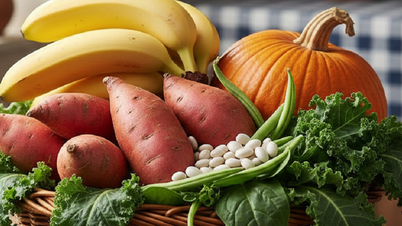
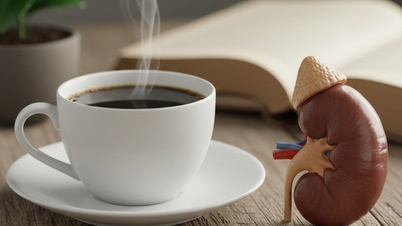
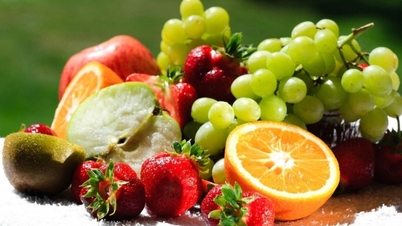

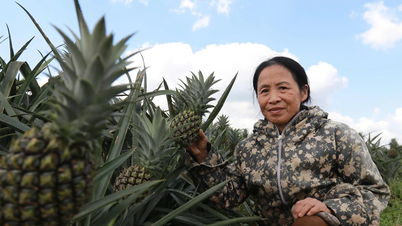































































































Comment (0)